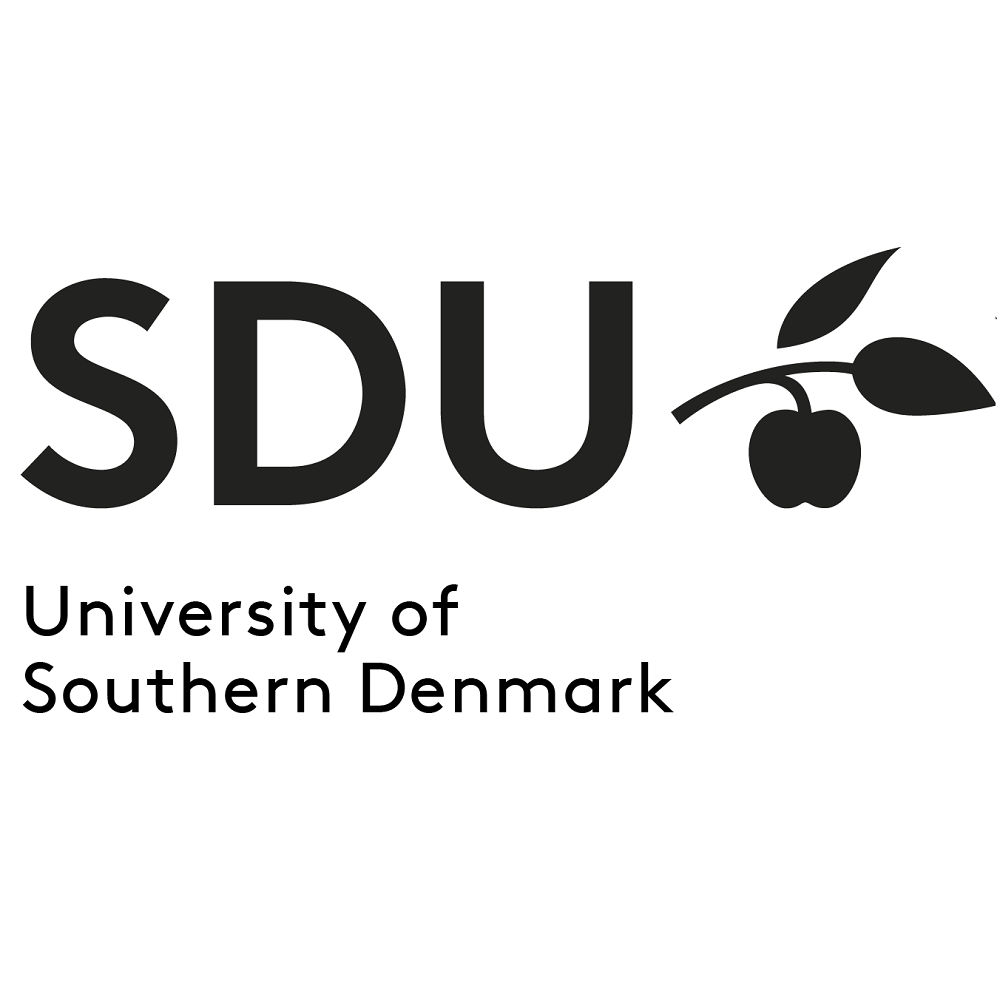Background::Coronavirus Disease 2019 (COVID-19) pandemic continues to threaten patients, societies and healthcare systems around the world. There is an urgent need to search for possible medications.
Objective::This article intends to use virtual screening and molecular docking methods to find potential inhibitors from existing drugs that can respond to COVID-19.
Methods::To take part in the current research investigation and to define a potential target drug that may protect the world from the pandemic of corona disease, a virtual screening study of 129 approved drugs was carried out which showed that their metabolic characteristics, dosages used, potential efficacy and side effects are clear as they have been approved for treating existing infections. Especially 12 drugs against chronic hepatitis B virus, 37 against chronic hepatitis C virus, 37 against human immunodeficiency virus, 14 anti-herpesvirus, 11 anti-influenza, and 18 other drugs currently on the market were considered for this study. These drugs were then evaluated using virtual screening and molecular docking studies on the active site of the (SARS-CoV-2) main protease (6lu7). Once the efficacy of the drug is determined, it can be approved for its in vitro and in vivo activity against the Severe Acute Respiratory Syndrome Coronavirus 2 (SARS-CoV-2), which can be beneficial for the rapid clinical treatment of patients.
::These drugs were considered potentially effective against SARS-CoV-2 and those with high molecular docking scores were proposed as novel candidates for repurposing. The N3 inhibitor cocrystallized with protease (6lu7) and the anti-HIV protease inhibitor Lopinavir were used as standards for comparison.
Results::The results suggest the effectiveness of Beclabuvir, Nilotinib, Tirilazad, Trametinib and Glecaprevir as potent drugs against SARS-CoV-2 since they tightly bind to its main protease.
Conclusion::These promising drugs can inhibit the replication of the virus; hence, the repurposing of these compounds is suggested for the treatment of COVID-19. No toxicity measurements are required for these drugs since they were previously tested prior to their approval by the FDA. However, the assessment of these potential inhibitors as clinical drugs requires further in vivo tests of these drugs.










